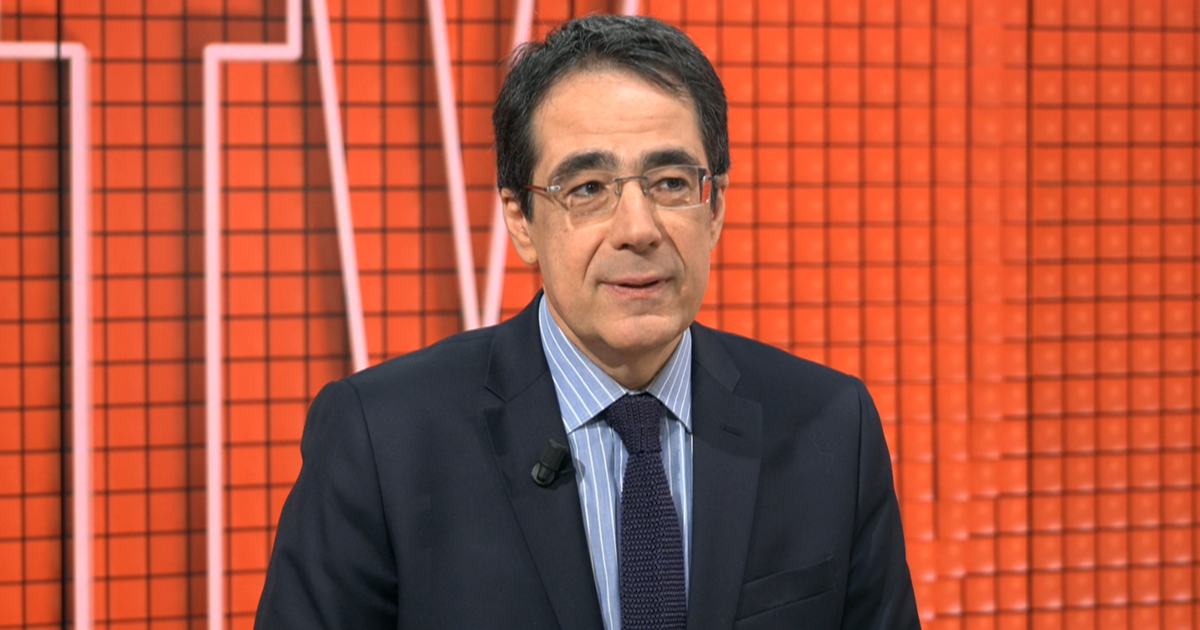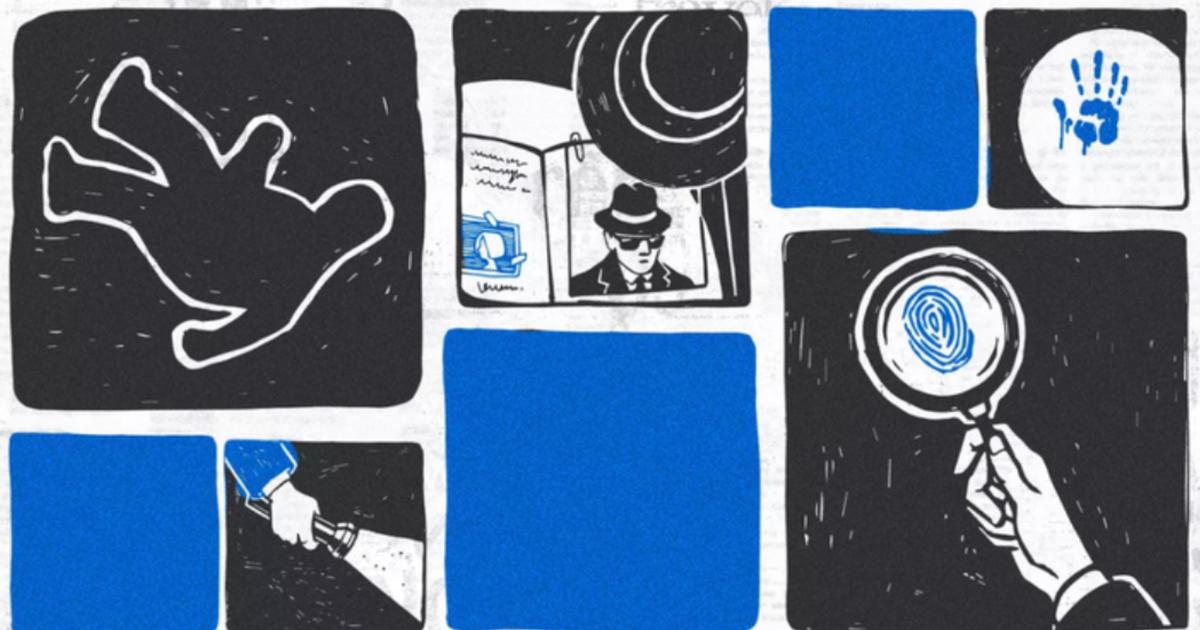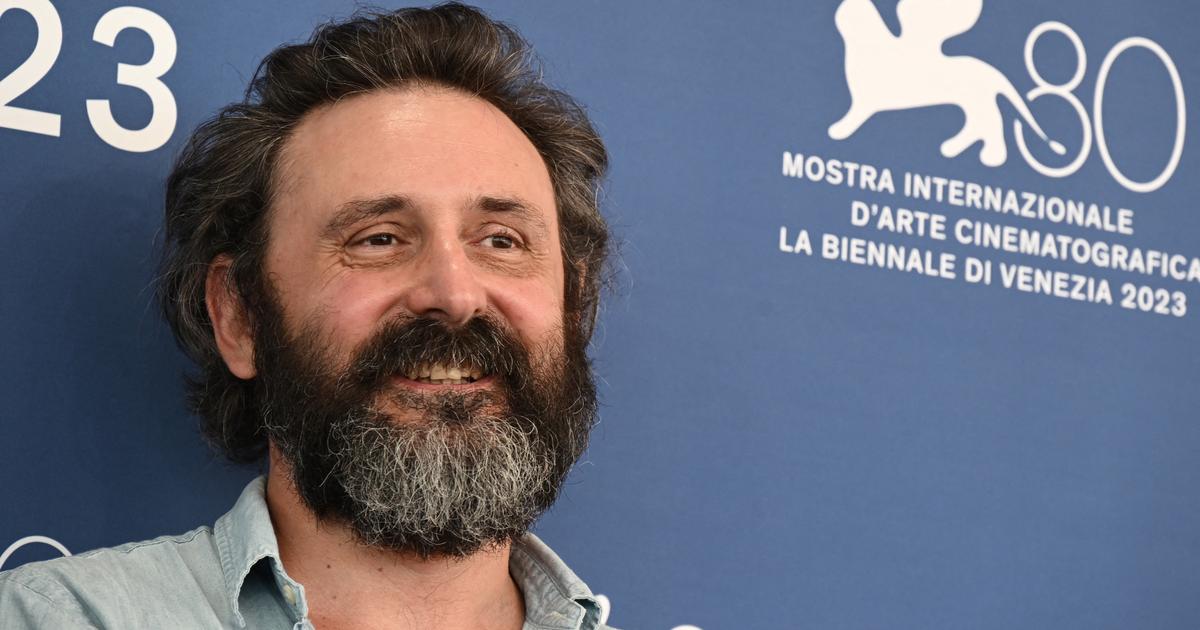Chapter 35
1. An excellent job
As the end of the judgment draws near, we think of the beginning, of the road traveled.
In what will happen in each of us between the moment, on September 8, when we enter this gigantic white wooden box, and the verdict, scheduled for June 29.
I remember the first day.
The president took the floor to say that this trial, which everyone rightly considered exceptional, should be carried out in strict compliance with the legal norm.
It would be exemplary if this condition was met.
And in short, this is what has happened: it is not little.
Let's see with what words the Supreme Court prosecutor, Camille Hennetier, addressed the court at the end of her request on Friday the 10th: “Terror is the disappearance of the torn curtain behind which nothingness is hidden and that normally allows us to live in peace.
Terrorism is the impossible tranquility.
The verdict of the court will not be able to repair the torn curtain.
It will not heal visible and invisible wounds.
It will not bring the dead back to life.
But at least it will be able to guarantee the living that justice and law have the last word here.”
More information
All the chronicles of Emmanuel Carrère on the trial of Paris
From the beginning to the end of Friday the 13th I have been impressed with the quality of the request.
Three magistrates from the anti-terrorist prosecutor's office, two men framing a woman, and the three young people, in this case the opposite of the court: four women around an older man, an older face of justice.
The three involved in the summary from the first day: they know it by heart.
Always precise, no sensationalism, never an extemporaneous question: a very high level.
We wondered what this unprecedented judicial requirement of a three-day fiscal requirement would be like.
Taking turns, taking turns at intervals of about two hours, Camille Hennetier, Nicolas Braconnay and Nicolas Le Bris have done something extraordinary: recall everything from the beginning, collect it all, tell it all.
The narrative beginning of the trial was a kind of chronology by chapters, inevitable but frustrating: personality, then radicalization, trips to Syria, last year, the last months, the last weeks, the last days... From one chapter to another, they have reassembled the threads that had become loose, frayed.
I speak of narration, of story: as if I were a construction worker whose job is to tell, I have admired the rigor and virtuosity of the exercise.
Since it is not possible to say everything, you have to choose the most significant details.
Placing in the appropriate places the portraits of the accused, the role that each one has played in the machinery of death, the specific charges against him.
Remember that we will never know everything, but that they, those on the bench, do know.
However, this exemplary work of synthesis and pedagogy has a limit: What more do we know with respect to what we knew from the indictment, which summarized everything that could be known before the trial about the accused and their actions?
What else have contributed these nine months of audience?
In fact, quite little.
In terms of information, perhaps 10% or 15% more.
The one related to the victims has been immense and immense what we have learned about humanity by listening to them.
But... On the bench?
We have questioned ourselves ad nauseum, myself and the others, about Salah Abdeslam's changing moods.
Did the explosive belt fail him?
He was afraid?
Did you have a stroke of humanity?
Are your apologies from him sincere?
But what does his sincerity matter?
What interest do their moods have?
A poor mystery:
2. Intimate conviction
The requirements.
They are serious and nuanced.
For Salah Abdeslam, the only one who has been considered co-author of the attacks, irreducible life imprisonment: the authentic life sentence that is practically never sentenced.
Also very serious requirements, but with reviewable permanent prison sentences of twenty or thirty years, a huge but less infrequent sentence, for the eternal companion Mohamed Abrini;
for Mohamed Bakkali, Osama Krayem and Sofien Ayari (the highest positions of the entire cell in the Islamic State hierarchy);
for the “opposed operatives”, Adel Haddadi and Muhammad Usman, who could not participate in the attacks because they were arrested in Vienna, but who should have participated and who should be punished —according to the prosecution— as if they had done so.
The possible application of leniency affects the three defendants at liberty, Abdellah Chouaa, Hamza Attou and Ali Oulkadi, whom Camille Hennetier agrees to describe as "auxiliary".
He recognizes the mitigating factor that they respect their judicial control and every day they appear docilely in court, despite the fact that for them it is a headache in every way: they reside in Belgium, they can no longer work, they have to manage to survive in Paris with practically no money.
The lawyers for these three can be trusted to bail them out, which means they could go free.
Now suppose I am a jury.
Or a judge, because there are no juries in this process.
Before the court retires to deliberate, as it will in two weeks, article 353 of the Criminal Procedure Law is read to me: “
The law obliges each of the juries and judges to question themselves in silence and recollection, to seek in the sincerity of their conscience what impression the evidence presented against the accused and the means of his defense have produced on his reason. .
The law asks them a single question that encompasses the full scope of their duties: Do you have an intimate conviction
?
Yes, today I have one.
It is that of Camille Hennetier, Nicolas Braconnay and Nicolas Le Bris.
As presented, the evidence against the accused has made a great impression on my reason.
If I were a jury, I would approve your requirements.
But the French judicial rule is that the defense is the last to speak.
He will speak for two weeks.
The thirty or so lawyers who sit in front of the dock are also young and bright.
They will play all their cards.
Everything that has seemed obvious, irrefutable to me, throughout the fiscal requirement, is going to lose its evidence.
They are going to review everything, to shred it, they are going to analyze each argument for the prosecution and, if not to turn it around, to minimize it, to contextualize it with greater or lesser good faith for the needs of the defense.
Doubt is going to insinuate itself, which as we know favors the accused, and it seems very good to me.
I don't know if this character trait would make me a good or a bad judge,
but I am easy to convince, I easily understand other people's reasons, which is both a quality —lack of prejudice— and a defect, the risk of becoming a weather vane who always shares the opinion of the last person who spoke.
My inner conviction is fluctuating, indecisive.
Thus, once I have assimilated what has convinced me of the tax requirement —almost everything— I intend to lucidly observe how they are going to make me change my mind.
3. Extinction
At the beginning of the third session of the prosecution something strange happened.
The overhead neon lights that illuminate the room have suddenly dimmed.
They haven't gone out completely, they haven't plunged us into darkness, but their intensity has been reduced by at least half.
Someone must have pressed the wrong button.
After a few seconds the light has returned to normal, we hardly had time to get scared.
Almost no, but almost no is almost: we were afraid.
The civil parties had it.
Those of the Bataclan, who remembered the livid light of the slaughter, were also afraid.
For a moment we thought that... The curtain was torn again?
© L'Obs.
Translation by Jaime Zulaika.
This chronicle, written for
Le Nouvel Observateur
, is published in
La Repubblica
,
El País
and
Le Temps
.
50% off
Exclusive content for subscribers
read without limits
subscribe
I'm already a subscriber

/cloudfront-eu-central-1.images.arcpublishing.com/prisa/KY6JXEM7EQSIYOLFTHN2SZYZPI.jpg)










/cloudfront-eu-central-1.images.arcpublishing.com/prisa/S7ERVSCT4FUVX6R7TUVBDNTH5Y.jpg)


